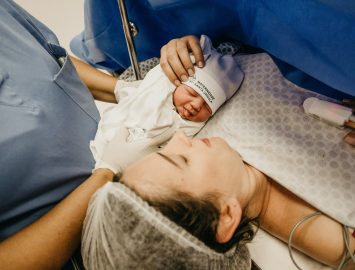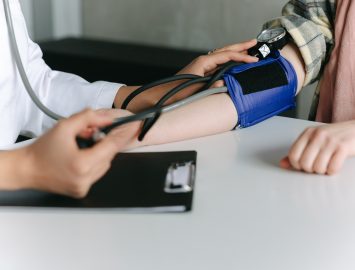First what is a coronavirus? A coronavirus is a type of virus. There are many different kinds, and some cause disease. COVID-19 is the coronavirus causing a respiratory illness that attacks your lungs and is causing a worldwide pandemic.
Symptoms include fever, cough and shortness of breath. Now, don’t instantly think you have COVID-19 just because you are coughing; call your doctor to discuss this further. Remember allergy season is in full effect. Emergency signs are trouble breathing, bluish lips or face, persistent pressure or pain in the chest and new confusion or inability to arouse. If you are experiencing these, the CDC says to get medical attention immediately. The virus is thought to spread mainly from person to person: people who are in close contact with one another (within about 6 feet), via respiratory droplets produced when an infected person coughs or sneezes. These droplets can land in the noses and mouths of people nearby or possibly inhaled through the lungs. People who are said to be contagious are when they are at their sickest. However, this is also known to be spread before people show symptoms. Current understanding about how the virus that causes COVID-19 spreads is largely based on what is known about similar coronaviruses.
Are pregnant women more at risk?
According to the CDC website, no one really knows at this time if pregnant women are more susceptible to catching the COVID-19 virus. Pregnant women experience many changes in their bodies that could increase the risk of catching infections. It is always important for pregnant women to protect themselves from illness. The same precautions pregnant women need to take are the same as the general public, which is washing hands or using alcohol-based sanitizer when washing hands is not an option, coughing into elbow, avoid people who are sick and staying home during this time if possible. Pregnant women can get the coronavirus. Right now, there is no information on whether the coronavirus can be passed to the fetus or any affects on the baby after birth, but recent reports have confirmed newborns being infected with COVID-19. This is still being monitored and as the CDC website is updated, our firm will be on top of checking all available facts.
At this point, there have only been a small number of labors and deliveries in which COVID-19 has been a concern. However, it is still not clear if the outcomes were related to maternal infection. Breast milk is the best source of nutrition for most infants, but much is unknown about COVID-19. All questions about your pregnancy, your baby, delivery and feeding should be discussed with a medical professional. We are not doctors; we are trying to keep important facts available to keep pregnant moms well informed.
Thank you for visiting Thomas & Wan, LLP website, we are here during this trying time for any and all medical malpractice needs. Please call us today.



